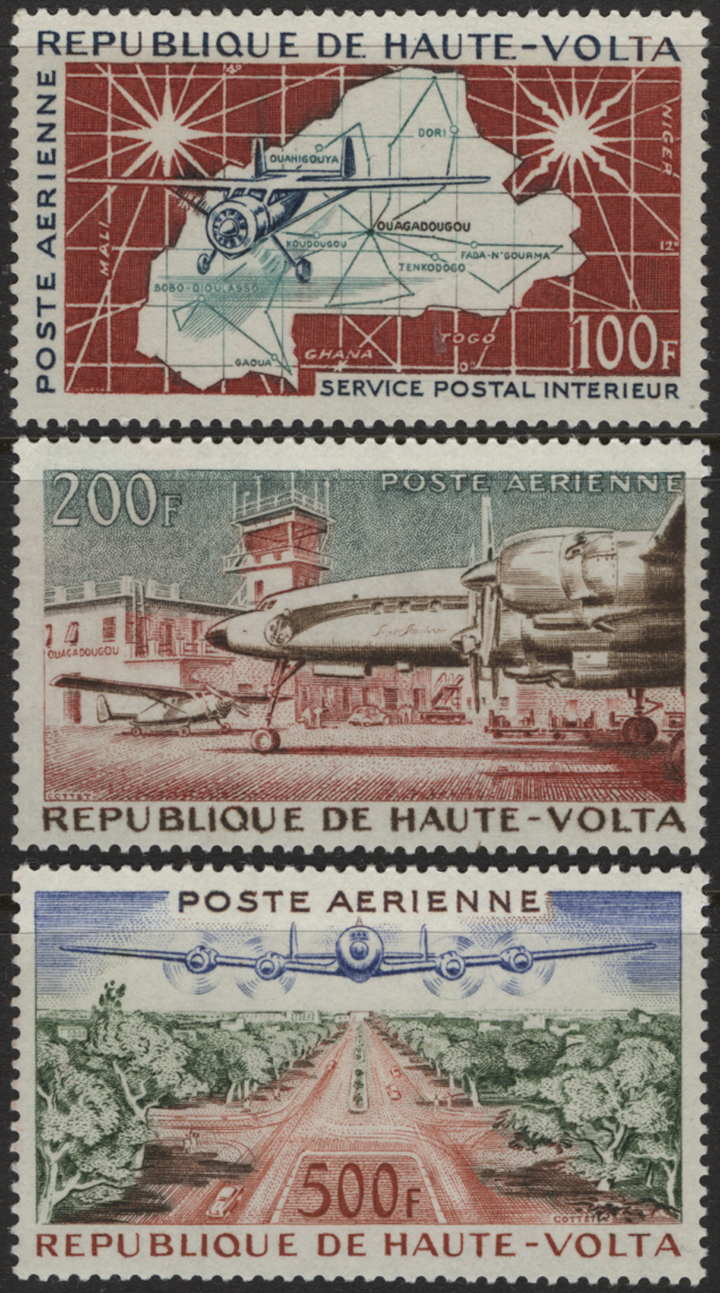
Thes pits were originally dug for the women to have a cool place to sit in a circle and work on their weaving. In the village of Tengrela (South-West of Burkina Faso) where I grew up, there are pits dug into the ground, about five feet deep and ten feet wide with the opening just wide enough for one adultto climb down a ladder. Over the next thirty years, the French moved the boundaries of Upper Volta and the surrounding territories several times before establishing the current borders in 1947 (with the exception of one piece that was given to Mali, but subsequently taken by military action by Burkina Faso in 1985).This short history of sixty years of colonial oppression does not do justice to the experience of the people who lived under French rule, and I do have one colonial story about it. After five years of Mossi resistance, the French finally gained control of the capital, Ouagadougou, in 1901 and established the colony of Upper Vlolta in 1919.
#Upper volta was ruled full#
In fact, Burkina's history in just the past fifty years since gaining independance from France is full of coups, assassinations, covert military action and mixed relations with other West African countries.īefore getting into Burkina's history since the independence, I should offer a brief chronology of its history before and during French colonial rule.īefore French invasion in 1896, the area including Burkina Faso was under the Mossi kingdom, which originated in present day Ghana and moved into other areas as its empire grew over the eight hundred years of its rule. It is true that Burkina is not known for its millitary force, but neither is it a benign country without any reason to worry about its security. He was born December 5, 1922, in Cincinnati, OH.BURKINA FASO Presented by: Gerald Horacek and Issa Touīrukina Faso has a violent and fascinating history that can only be fully grasped if one has an understanding of the effects of colonization and post-colonization. His foreign languages are Spanish and French. He attended Akron University in 1940 - 1941. Neher graduated from Bowling Green State University (B.A., 1948) and the University of Chicago (M.A., 1952). Since 1982 he has been Director of the Office of Analysis for Africa. In the Department he was Staff Director of the Board of Examiners for the Foreign Service (1979 - 1981), Inspector in the Office of the Inspector General (1981), and Deputy Director of the Office of Analysis for Africa (1981).

In 1977 - 1979 he was on detail to the Environmental Protection Agency as assistant for plans and policies. He was principal officer in Lubumbashi (1970 - 1972), deputy chief of mission in N'Djamena (1972 - 1974), and counselor for political affairs in Santo Domingo (1974 - 1977). He was on detail to the Department of Defense as assistant, foreign military rights affairs, international security affairs, in 1968 - 1970. In 1966 - 1968 he was arms policy officer in the Bureau of Political-Military Affairs in the Department.

He was economic and political officer in Tangier (1957 - 1961), commercial officer in Saigon (1962 - 1964) and in Damascus (1964 - 1968). In 1954 he entered the Foreign Service as consular officer in Ankara. He was a personnel technician at the Department of the Navy in 1952 - 1954. He would succeed Julius Waring Walker, Jr.

The President today announced his intention to nominate Leonardo Neher, of Maryland, a career member of the Senior Foreign Service, Class of Counselor, as Ambassador to the Republic of Upper Volta.


 0 kommentar(er)
0 kommentar(er)
